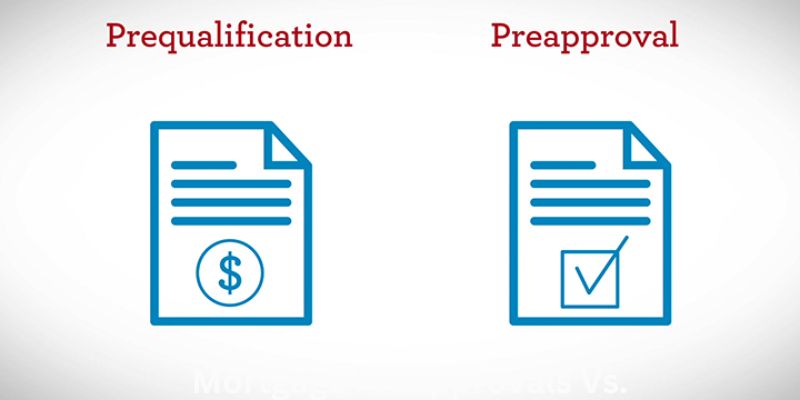From the moment your own company begins, you will have bookkeeping responsibilities associated with having a store to do. Even though it might not be a particularly pleasurable part of expanding your company, accounting must get off to a great start. You can cross that task off your company's finance to-do list by reading this post, which will answer all of your questions regarding accounting for small enterprises and provide you with a number of great accounting software options to choose from.
Business Accounting: What is it?
"What is business accounting?" may be on your mind whether you're launching your own firm for the very first time or are in your ten years of professional progression. A fundamental understanding of business accounting is as follows:
Business accounting is the process of gathering and analysing financial information about a company's activities, recording transactions, and producing financial statements. Accounting is important in the company for a number of reasons. Keeping thorough records of all your wealth, debts, inventory, and other data will assist you in drawing in investors, preventing asset theft, and spotting business growth and advancement prospects.
Writing financial reports, preparing and submitting tax returns, and bookkeeping are the major duties of startup accounting. With the aid of business accounting, you can manage your money more skillfully and make better financial decisions for your organisation. Many small business owners initially manage their own finances in an attempt to save money. It is imperative that you comprehend the foundations of business accounting if any of this applies to you.
How Can I Install an Accounting System for My Small Business?
Here's a step-by-step guide to installing the accounting system.
Open a Finance Profile for Your Enterprise
When you initially start your firm, split the finances of your personal and professional life by opening a separate bank account.
Choosing an Accounting Method
Setting up a system of bookkeeping for a small business requires careful consideration of the financial transaction recording method to be used. The two main methods used to record revenue and expenses are the accrual-based accounting system and the basis of the cash method.
Cash-based Method
When financial transactions are made, you record revenue and costs using the cash-basis technique for accounting. For instance, you don't record sales for a product until the buyer pays you for it.
Basis of Accumulation
The majority of organisations adopt accrual-based accounting methods for documenting transactions, even if cash-based accounting may be simpler to operate. Using this approach, you record revenue and costs as soon as a sale is made and as soon as they are incurred. This is true regardless of whether you were paid in cash or received the item or service. For every transaction, you have to enter two entries in your double-entry accounting system.
Keeping Track of Transactions
As a small company owner, you can choose to keep track of your transactions manually, using accounting software, or by employing an accountant.
Create an Accounts Chart
Every company transaction is listed on a chart of accounts, which is used to create statements, track developments, and identify transactions. It is necessary to update these charts often to reflect different business transactions.
Establish your Terms for Payment
Depending on your line of work, you may choose to provide credit to clients. You might decide to invoice them later rather than taking money at the time of sale. In the event that you want to provide your clients credit, you will require a reliable system for generating and distributing bills.
What are Routine Accounting Duties for Businesses?
You have relatively few daily accounting company requirements to worry about. Every week, month, the previous one, and so forth, you have a tonne of financial records to go over, but there's only one primary duty you need to complete for your daily company accounting obligations.
Verify the Monetary Situation
Since money is your company's fuel, you seldom want to get close to depleting it. Check your cash balance first thing in the morning. It's also crucial to know how much you anticipate paying and receiving in the next few weeks and months.
Weekly Assignments for Accounting
The accounting tasks for each week are a bit more intricate. They include managing financial data, creating invoices, and other enjoyable aspects of company bank accounts. Here's when having an excellent accounting system comes in rather handy.
Keep Track of Transactions
Depending on volume, record every transactionsuch as billing clients, accepting cash from them, paying suppliers, etc.daily or weekly. It's fine to record activities manually or via a digital spreadsheet, but using a small company accounting program like QuickBooks is usually more convenient. The advantages and control exceed the expenses.
Keep Track of and Organise Receipts
Save copies of every invoice you send, every cash payment you get (cash, cheque, credit card statements, etc.), and every cash receipt you receive (cash, cheque, and credit card deposits). Create an alphabetised vendor file for convenient access. Make a bank card file arranged by month and a wage file sorted by paycheck date. It's typical practice to put all paper documents in a box and attempt to figure out what they mean when tax time rolls around, but unless you handle a very limited number of transactions, it's preferable to keep several files for different types of refunds as they come in.
You may scan paper receipts using several accounting software programmes and completely forgo physical files. You can set up the basic financial data for your small business using a spreadsheet, but it will take more time, effort, and human error than full-featured small-business accounting software. Tracking your income and expenses using a secure cloud-based platform is the absolute least you should do.
The Bottom Line!
Starting a business might seem like a difficult undertaking. If you finish your studies in banking, handling transactions, donations and other accounting-related topics, you may launch your new store with strong financial management. Your firm will prosper both now and in the future if you complete all of these responsibilities, which range from determining which type of corporate credit card to open to predicting the income per product.






